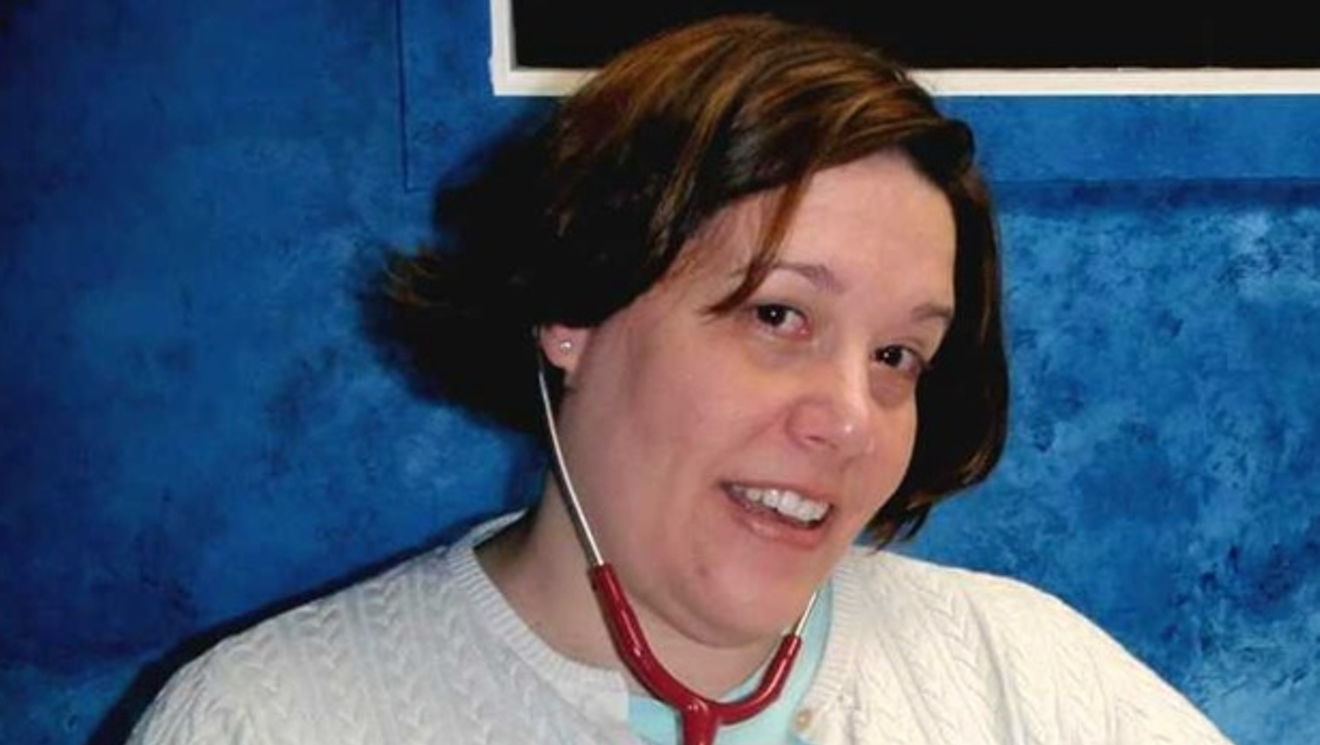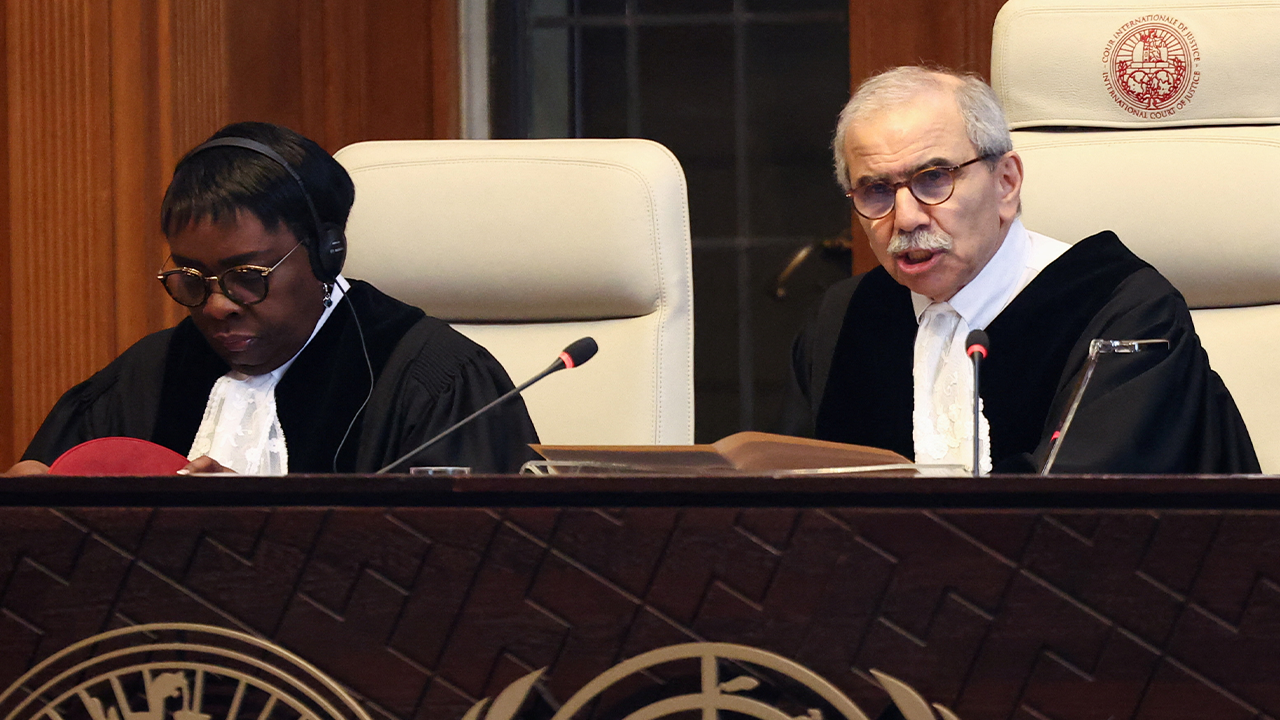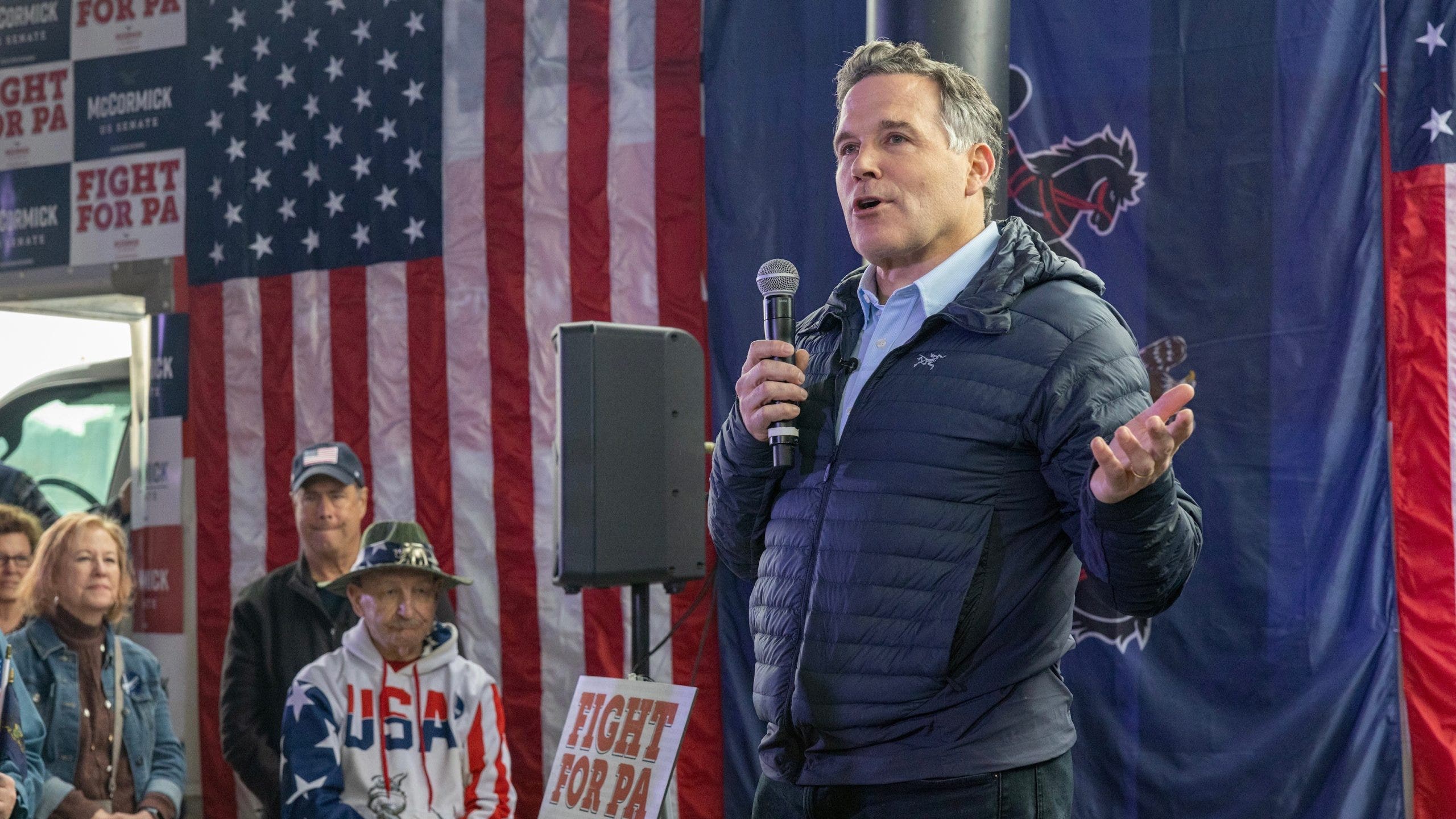Vermont
Springfield Area Parent Child Center Tuesday playgroup in Ludlow – The Vermont Journal & The Shopper

LUDLOW, Vt. – Springfield Area Parent Child Center will host a playgroup for children from birth to 6 years old on Tuesday mornings, 10:30 a.m. – 12 p.m., at the Fletcher Memorial Library in Ludlow. Playgroups provides parents and children with opportunities to socialize, learn, and have fun in a safe environment led by parent child center specialists.

Vermont
Q&A: New Legislation in Vermont Will Make Fossil Fuel Companies Liable for Climate Impacts in the State. Here’s What That Could Look Like – Inside Climate News

From our collaborating partner “Living on Earth,” public radio’s environmental news magazine, an interview by host Paloma Beltran with Pat Parenteau, an emeritus professor of law at Vermont Law and Graduate School.
Vermont’s House and Senate have approved a bill that would make fossil fuel companies financially liable for their carbon pollution and its role in the climate crisis. Lawmakers pointed to consequences of these carbon emissions, like the flood in July 2023 that put parts of the state capital underwater for weeks and caused over a billion dollars in damage.
The bipartisan bill is known as the Climate Superfund Act because it demands that fossil fuel companies cover at least part of the growing costs of climate change. Similar bills are being considered in New York, Massachusetts and Maryland, but Vermont is the first state to pass this kind of legislation. The bill passed with a supermajority, enough to override a potential veto. It is now headed to Governor Phil Scott’s desk.
Living on Earth spoke with Pat Parenteau, former EPA regional counsel and emeritus professor at Vermont Law and Graduate School, to unpack the details. This interview has been edited for length and clarity.
We’re hiring!
Please take a look at the new openings in our newsroom.
See jobs
PALOMA BELTRAN: What is the Climate Superfund law in Vermont? What does it say?
PAT PARENTEAU: It’s basically asking fossil fuel companies to contribute to the costs for adaptation to the unavoidable impacts of climate change, including protection of homes and businesses threatened by flooding, building resilience in floodplains by moving structures out of harm’s way, investing in wetland protection and natural systems that absorb carbon emissions and provide for more resilience to extreme weather events. It’s a new approach, and Vermont is the first state in the country to try it.
BELTRAN: How is this law different from the climate deception lawsuits like the one we’ve seen filed in the state of Hawaii?

PARENTEAU: This law doesn’t depend on proof of deception, or false advertising, or the campaign to sow doubt about climate change that the companies are accused of in over 30 lawsuits across the country. The companies are liable by virtue of what they do. It’s not that they’ve committed anything wrong, necessarily—”polluter pays” is the concept here.
The fact that your product creates carbon pollution, which is driving climate change, that’s enough to make you liable, in the same way, or at least a similar way, to how the Superfund law at the federal level makes you responsible for contamination of soil and groundwater as a result of your activities at a site. You may have generated chemical waste that wound up at the site, you may own the site, you may operate a landfill or other facility that’s become contaminated.
The Superfund law says, by virtue of the fact that you own or operate or generate waste, you’re liable. In the same way, this law is saying the fact that you extract and burn fossil fuels is enough to make you liable for the damage that results from that.
BELTRAN: How might the state of Vermont go about calculating which companies owe what? What are the possible methods they could use here?
PARENTEAU: That is the big question. The formula that the law is using—and the state treasurer will have to flesh this out—is to say, what is the individual company’s share in the global emissions? The law also directs the state to use the Environmental Protection Agency’s greenhouse gas inventory as a starting point.
The greenhouse gas inventory has something called emission factors. For example, for the big oil companies, they can disaggregate among the different companies, what their emissions factor is for the amount of oil and gas they’re producing. So it’s going to be a proportionate share, based on what the individual company’s emissions are. That’s going to be the basic formula.
BELTRAN: It’s a big job, to calculate all of that.
PARENTEAU: Yes. And then from there, you have to say, well, what percentage of harm is the emissions doing on top of the natural cycle of flooding, for example, just sticking with the flooding example.
There are other impacts of climate change in Vermont. There’s impacts on the ski industry, there’s impacts on the sugar-making industry—our famous syrup.
But just in terms of flooding, what you have to calculate is, by how much has climate change increased the damage from flooding that normally would occur in Vermont? The flooding of Montpelier was definitely much greater than any prior flood we’d ever had. But you have to calculate how much worse was it as a result of the emissions from these companies? That’s another tricky calculation.
BELTRAN: How are these oil companies expected to respond?
PARENTEAU: We know that the oil companies are not going to start sending checks to Vermont. The oil companies have been fighting tooth and nail against all of the other lawsuits that have been brought against them. And we can expect the same thing here.
The companies have a choice to make. They can either file what’s called a preemptive strike and challenge the law on constitutional grounds. For example, they may argue that this is a violation of due process to make them liable, when they haven’t, quote, done anything wrong. They’re producing a valuable product that people are still buying to put into their automobiles, to heat their homes and so forth. They’re going to say, “You’re making us liable for engaging in economic activity that’s lawful? How can you do that? That’s not constitutional.”
Similar arguments were made against Superfund, the federal law. And it took several years for those arguments to finally be resolved in the court. Ultimately, it went all the way to the U.S. Supreme Court. In the Superfund case, there is precedent for establishing liability for the damage that legal activity is causing.
But whether that precedent under Superfund extends to the climate liability context, that’s going to be a major issue; that’s a novel issue.
One option for the companies might be to challenge the law on its face. The other option would be to wait until Vermont actually sends them a bill, a demand for payment, and then not pay, in which case Vermont would have to initiate a lawsuit to collect the money that they’ve demanded.
Either way, this issue is sure to end up in court. And it will take the usual long time for it to finally get settled.
BELTRAN: What are some of the concerns raised by opponents of the law other than these oil companies?
PARENTEAU: The opposition to passage of the law came from those who are concerned that Vermont is too small a state to take on these major multinational corporations, that, as we’ve discussed, isn’t going to just happen without litigation.
The litigation that’s underway in other states has shown just how expensive it is to sue these companies. These companies really fight hard, which means the cost of litigation can be measured easily in the millions. Some of the people who questioned this law were saying Vermont is too small to take this on; let some of the bigger states do it—let New York do it. And we can follow in their wake, but don’t take the first hit from these companies.
The costs of litigating against the oil companies, not only are they not small, but there’s not enough money in Vermont to do everything that needs to be done. The big question is, what’s the best use of the money we have? Is it to fight the oil companies to try to get them to pay? There’s a good case to be made that that’s appropriate. But the contrary case is that’s going to take a really long time, with uncertain results. And so maybe the better approach is to spend the money you do have with direct assistance to the communities most affected by climate change, and let some of these other states go first.
This story is funded by readers like you.
Our nonprofit newsroom provides award-winning climate coverage free of charge and advertising. We rely on donations from readers like you to keep going. Please donate now to support our work.
Donate Now
BELTRAN: What are the broader consequences of this law in Vermont? How will this impact the rest of the country, and potentially the rest of the globe?
PARENTEAU: I do think we’re going to see other states adopting similar legislation. And I do think the underlying theory of these laws, that the oil companies should pay their fair share to address the damage that’s being done, even if their product was a valuable product for many years, the truth is, we now know, it’s causing damage.
Under the “polluter pay” rule, which is one of the pillars of environmental law and policy, what Vermont is doing and what I think many other states are going to be doing is looking to the oil companies, which are some of the wealthiest companies on earth, to pay their fair share for the damage that’s being done.
In that sense, I think this movement that Vermont has begun has merit. And I think it will put greater pressure on the oil companies to either agree under some circumstances to contribute to the costs of dealing with climate or be forced to do so by a court at some point. There’s a legal and a moral case to be made for holding companies responsible. And we’ll now see how fast that can happen.
Vermont
Obituary: Dr. Michelle Leigh Perron, 1968-2024

Dr.
Michelle Leigh Perron, “Michelle,” age 56, beloved daughter,
wife, sister, aunt, friend and dedicated medical provider, passed
away unexpectedly on May 17, 2024, at home in Waterbury, Vt. Michelle
embodied how to live a life grounded in caring, compassion and love.
Michelle
was born on March 23, 1968, in Northfield, Vt. She was the beloved
daughter of Winston “Win” and Marylou Perron. Michelle grew up in
Montpelier and graduated from Montpelier High School in 1986. She
also graduated from Colby College in Waterville, Maine, and later
from the University of Vermont College of Medicine. Michelle’s
greatest passion in life was being a pediatrician. Michelle was a
dedicated partner in the Timberlane Pediatrics Group, providing care
for many families in the community. She exemplified her passion for
her work and care for others through her focus, commitment and
tireless dedication.
Michelle
was always driving herself to improve and succeed. In school, she
stayed focused on learning; the result was good grades, the reward
was knowledge. She pushed herself and her teammates, whether on the
basketball court or the softball diamond. She was inspired to follow
her Grandmother Clark, “Ginn,” who lived with the family, to
pursue a career in the medical field. Ginn spent her life as a nurse,
serving others and baking for the family, two passions Michelle
carried on in her life. She would take care of all of her patients,
get home late, and still find the time to make homemade birthday
cakes for her nieces and nephews or that famous Christmas tree bread
for Christmas morning. These behaviors were core to who she was, both
growing up and as an adult. Who she was at heart never changed for
Michelle.
On
August 21, 2010, Michelle married James “Jim” Percy, and they
made their home in Waterbury. Michelle and Jim shared their home with
Michelle’s parents and many canine and feline “children.”
Michelle and Jim graciously offered their home as the gathering place
for Thanksgiving and other family events. Michelle was the consummate
homemaker, aka Superwoman, too. Over the years, many nieces, nephews
and cousins from all parts of the family attended her cookie-making
sessions, while elders enjoyed her rum balls. Other hobbies and
interests included gardening along with her adoring pets, Booker,
Brise, Bruce and Baxter.
Survivors
include her parents, Win and Marylou Perron; husband, Jim Percy;
brother, Kevin Perron, and his wife, Christine; and many uncles,
aunts, cousins, nieces and nephews.
Calling
hours will be held on Thursday, May 30, 5 to 8 p.m., at Guare &
Sons Funeral Home, 30 School St., Montpelier, VT 05602.
The
family will have a private interment ceremony at a future date. In
lieu of flowers, please consider supporting local charities that were
important to Michelle. You can make memorial contributions in memory
of Michelle Leigh Perron, MD, to the UVM Children’s Hospital, 111
Colchester Ave., Burlington, VT 05401, or to Central Vermont Humane Society, 1589 VT Route 14 S, E. Montpelier, VT 05651.
Vermont
Vermont colleges celebrate 50 years of NCAA Division III sports

CASTLETON, Vt. (WCAX) – 50 years of organized sports at the Division III level may not seem that long, but each minute means the world to those who play the games. While Middlebury and Norwich have racked up the hardware in recent decades, neither school was part of the original D-III back in 1973.
Three state colleges were: Castleton, Lyndon, and Johnson, three key cogs of the newly formed Vermont State University. Middlebury has grown into one of the benchmark athletic departments in Division III since their entry into championship competition in the mid-90′s.
Current women’s lacrosse head coach Kate Livesay played on both the field hockey and lacrosse team at the turn of the Millenium.
“It’s really changed,” Livesay said. “In fact, when I was a player was when we first got boundaries. And then after I graduated, googles came into the mix. So it’s really adapted and evolved over the last 20-25 years.”
And they’re not alone. The eleven schools of the NESCAC have made the league a powerhouse across the scale of D-III sports
“When I started here, it was kind of the first NESCAC tournament,” LIvesay said. “When we talk about preparation for the NCAA tournament, I think you know you’ve been tested like that every week of your season. You were really prepared in a different way going into NCAA’s.”
But success isn’t just defined on the turf, ice, or hardwood for college athletes in Vermont. Many devote their time to improving the student athlete experience for everyone. The Student Athlete Advisory Committee was created in 1989, and Castelton sprinter Zackary Durr is the national representative for the Little East Conference.
“It’s realy nice to be able to meet different athletes from different schools,” Durr said. “And it’s just really good, especially for this university, just to be able to have us showcased at the national level.”
Durr says the goal of the committee is to encourage student athletes to give back to their communities and help build friendly relationships between on-field rivals.
“Get more student ahtletes involved and wanting to do more community service,” Durr explained of the organization’s goals. “Do more social events to have student athletes from different teams get to know each other better. I think its really important to have all of our student athletes backing each other.”
“After whistle blows, you’ll se the teams intermix, you’ll see best friends catching up, who went to high school together or played club,” Livesay added. “You’ll see coaches shaking hands and catching up about their families. So for me, what this experince is about, demanding so much of ourselves and our players, and going out and just playing hard and being really proud of what we put on the field but being collegial and respectful of our opponents all along the way.”
Castleton just had an athlete earn All-American honors at the D-III Track and Field Championships, with Harrison Leombruno-Nicholson finishing 11th nationally in javelin, while Middlebury’s women’s lacrosse team will look to claim a 4th straight national championship on Sunday afternoon.
Copyright 2024 WCAX. All rights reserved.
-

 News1 week ago
News1 week agoHow a migrant aid group got caught up in a right-wing social media thread : Consider This from NPR
-

 Movie Reviews1 week ago
Movie Reviews1 week agoIs Coppola’s $120M ‘Megalopolis’ ‘bafflingly shallow’ or ‘remarkably sincere’? Critics can’t tell
-

 Movie Reviews1 week ago
Movie Reviews1 week agoGuruvayoor Ambalanadayil movie review: This Prithviraj Sukumaran, Basil Joseph-starrer is a total laugh riot
-

 World1 week ago
World1 week agoTaiwan grapples with divisive history as new president prepares for power
-

 Politics1 week ago
Politics1 week agoSouthern border migrant encounters decrease slightly but gotaways still surge under Biden
-

 World1 week ago
World1 week agoSlovakia PM Robert Fico in ‘very serious’ condition after being shot
-

 News1 week ago
News1 week agoThe NFL responds after a player urges female college graduates to become homemakers
-

 Crypto1 week ago
Crypto1 week agoVoice of Web3 by Coingape : Showcasing India’s Cryptocurrency Potential
/cdn.vox-cdn.com/uploads/chorus_asset/file/24870278/2023_Final_Shape_Reveal_Press_Kit_Standard_Key_Art_16x9.jpg)













